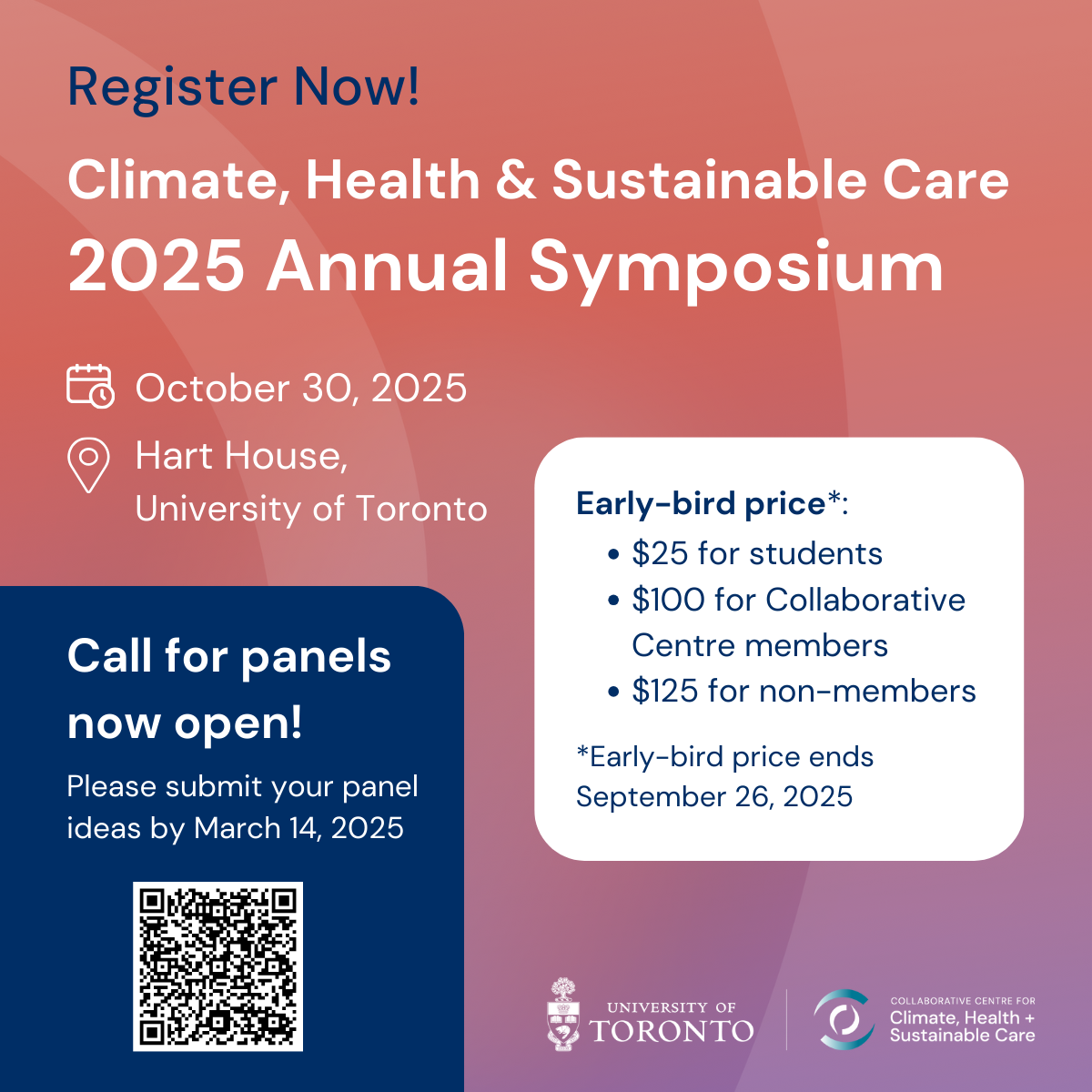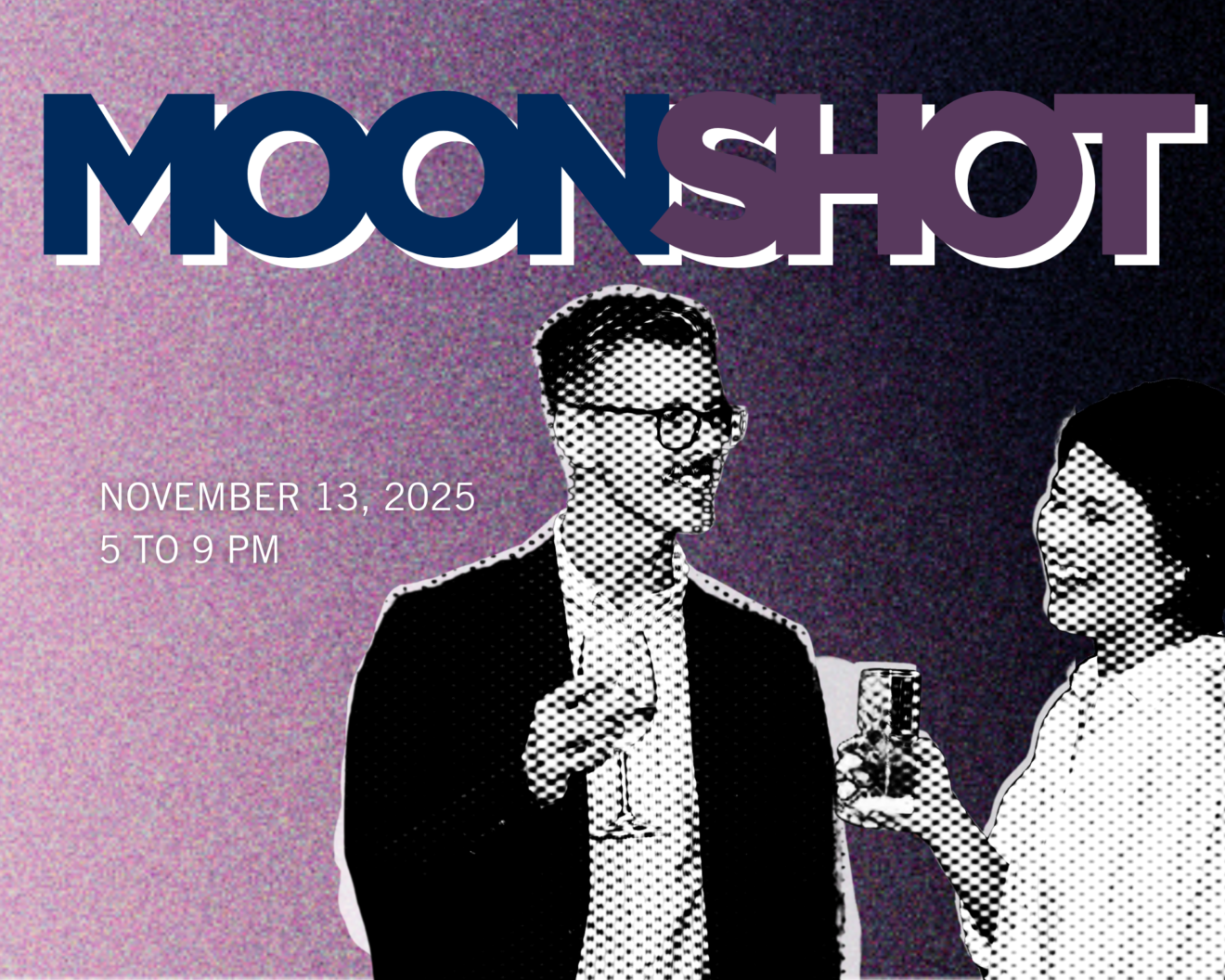Speakers: Garrett T Morgan & Yuan Cao
Garrett T Morgan MSc, MScPl, AICP, LEED GA, WELL AP is a PhD candidate in the Department of Geography and Planning at the University of Toronto, co-supervised by Dr. Blake Poland & Dr. John Robinson. His dissertation research explores issues of procedural and recognitional justice in the municipal climate action efforts of Toronto, Glasgow, New Orleans, and Amsterdam through mixed qualitative methods. His work has been published in Buildings & Cities, Cities & Health, Health Policy & Planning, and The International Journal of Environmental Research and Public Health among others. Outside of academia, Garrett is a licensed urban planner, governance consultant, and strategic communications strategist with professional experience in the public, private, and non-profit sectors in rural, suburban, and urban environments in Canada and the United States.
Yuan Cao is a PhD candidate supervised by Dr. Marianne Touchie and Dr. Seungjae Lee in the Department of Civil and Mineral Engineering at the University of Toronto. Yuan is a member of the ASHRAE Health and Wellness in the Built Environment Multidisciplinary Task Group (MTG. HWBE), which aims to compile and interpret relevant information on the effects of the built environment on the health and wellness of occupants. She is also actively involved in the Subtask 1 of the International Energy Agency’s (IEA) Annex 79 on Occupant-Centric Building Design and Operation, which focuses on investigating the multi-aspect environmental occupant exposure and its impact on the behavior and comfort of building occupants. Yuan obtained her B.Sc. (Hons.) degree from the Department of Building at the National University of Singapore. During her undergraduate and graduate studies, Yuan had led three major annual surveys for research purposes and conducted over 40 in-person interviews with industry experts from the building sector.
Abstract:
Wellbeing in buildings is often understood by practitioners and researchers as the aggregate result of individual interactions between building occupants and building features. This approach permeates established (primarily quantitative) approaches to assessing wellbeing in buildings, which tend to focus on individual occupant comfort and indoor environmental quality (IEQ) metrics such as temperature, humidity, smell, light and noise levels alone as indicators of wellbeing. This sum-of-the-parts approach, however, ignores the ways in which broader social and cultural components of wellbeing influence occupant experience. In this seminar, we suggest an alternate approach, grounded in social practice theory, that suggested that occupant wellbeing can be more holistically understood as both emergent from the dynamic interactions between building features and broader social and cultural elements and collectively practiced, known, owned, and/or shared. This collective framing of wellbeing suggests that wellbeing may be less connected to whether conditions are specifically cold, hot, dark, bright, etc. and more connected to the human sense of belonging. If this perspective is correct, then wellbeing is a primarily shared, community-oriented property that emerges from shared processes and activities. In short, wellbeing may be more holistically understood as community wellbeing. This more nuanced assessment may in turn shape how wellbeing is addressed in building design, construction, and management. This seminar will share this collective approach to wellbeing assessment developed by the “Practicing Wellbeing in the Built Environment” project’s interdisciplinary research team in the context of multi-unit residential buildings owned and operated by social housing providers in the GTHA. Participants will discuss strategies for incorporating quantitative and qualitative research methods into interdisciplinary projects, the implications of wellbeing assessment in their own research, and the relationships between wellbeing in buildings and broader policy objectives, such as climate action and/or advancing public health goals.
Associated Readings:
- Altomonte, S. A., Allen, J., Bluyssen, P. M., Brager, G., Heschong, L,… & Wargocki, P. (2020). Ten questions concerning wellbeing in the built environment. Building & Environment, 180, 106949. Doi: 10.1016/j.buildenv.2020.106949
- Morgan, G. T., Coleman, S., Robinson, J. B., Touchie, M.F., Poland, B., Jakubiec, A., Macdonald, S., Lach, N., & Cao, Y. (2022). Wellbeing as an emergent property of social practice. Buildings and Cities, 3(1), 756–771. Doi: 10.5334/bc.262
- Lach, N. McDonald, S., Coleman, S., Touchie, M. F., Robinson, J., Morgan, G. T., Poland, B., & Jakubiec (2022). Community wellbeing in the built environment: towards a relational building assessment. Cities & Health. Doi: 10.1080/23748834.2022.2097827
Related Events

Sign up for IHPME Connect.
Keep up to date with IHPME’s News & Research, Events & Program, Recognition, e-newsletter.
Subscribe to Connect Newsletter
Get in Contact
Communications
Marielle Boutin
Email Address: ihpme.communications@utoronto.ca

